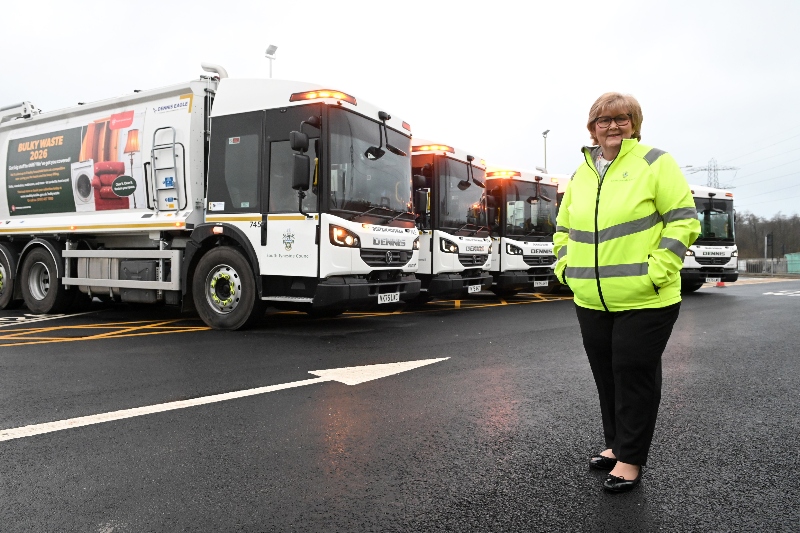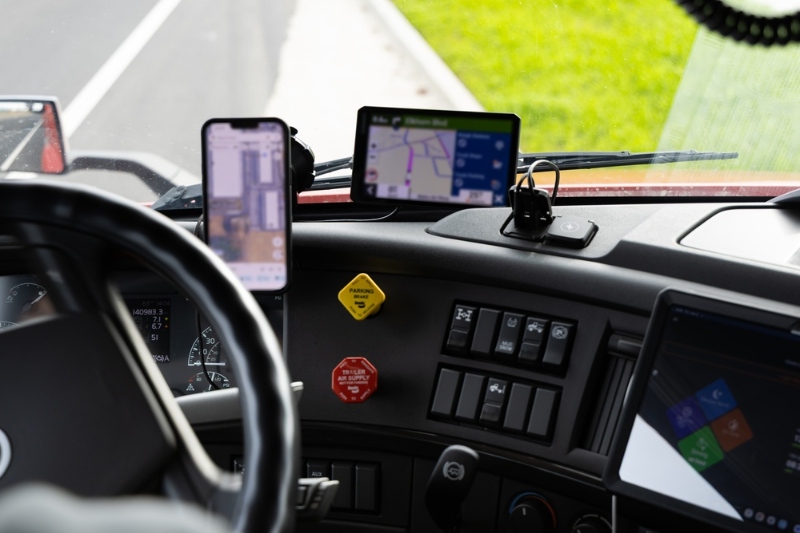Going green: it’s a conversation that’s been happening in board rooms since the Green Movement hit mainstream consciousness after the Second World War and one that still generates more questions than answers, as well as equal measures of change and dismissal because the options seemingly only work for some.
.jpg) The transport and logistics industry is now very much at the centre of the green conversation. With big vehicles, distance-heavy journeys, and high frequency of trips, it’s no wonder Government figures published in early 2018 showed that HGVs, light vans and buses and coaches contributed to more than a tenth (12%) of the UK’s CO2 emissions. It therefore begs the question: Is there a moral obligation for fleet operators to go green before the Government-imposed ban on the sale of combustion engine vehicles from 2030?
The transport and logistics industry is now very much at the centre of the green conversation. With big vehicles, distance-heavy journeys, and high frequency of trips, it’s no wonder Government figures published in early 2018 showed that HGVs, light vans and buses and coaches contributed to more than a tenth (12%) of the UK’s CO2 emissions. It therefore begs the question: Is there a moral obligation for fleet operators to go green before the Government-imposed ban on the sale of combustion engine vehicles from 2030?
If it was easy enough to base the decision purely on morality, then yes, given what we know about the contributing factors to environmental change, every operator should be swapping their fleet over. Unfortunately, moral duties aren’t always cost-effective and for fleet operators there’s a number of stakeholders and scenarios to consider in the green equation.
The first question to ask is does the customer – B2B or B2C – want their supply chain to be green?
To continue reading visit the LAPV magazine and subscribe for free here.






